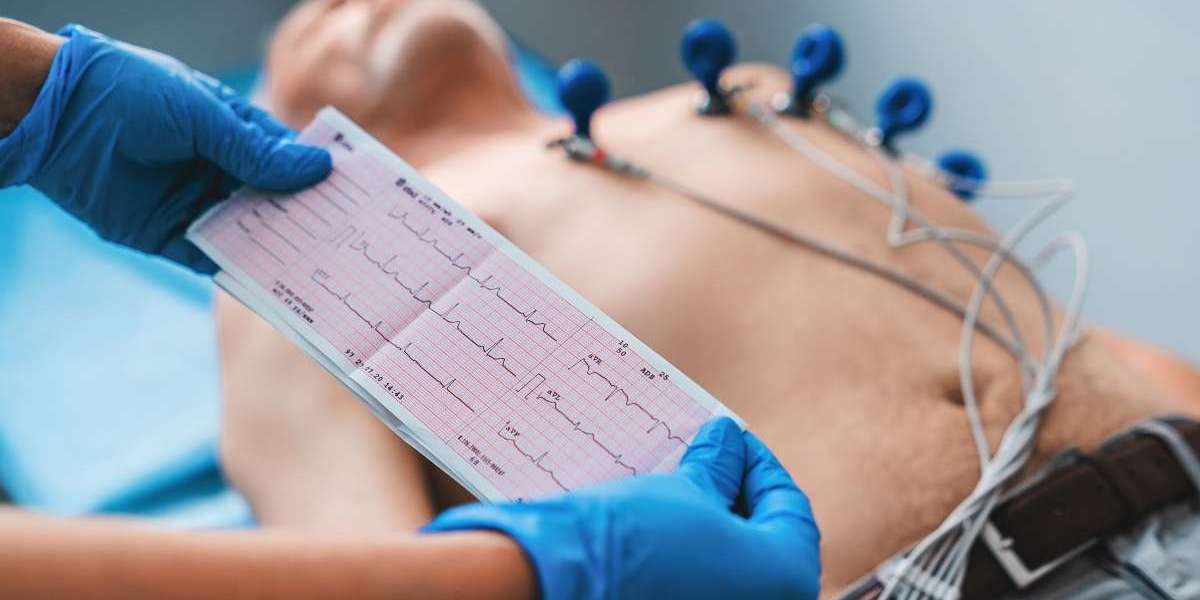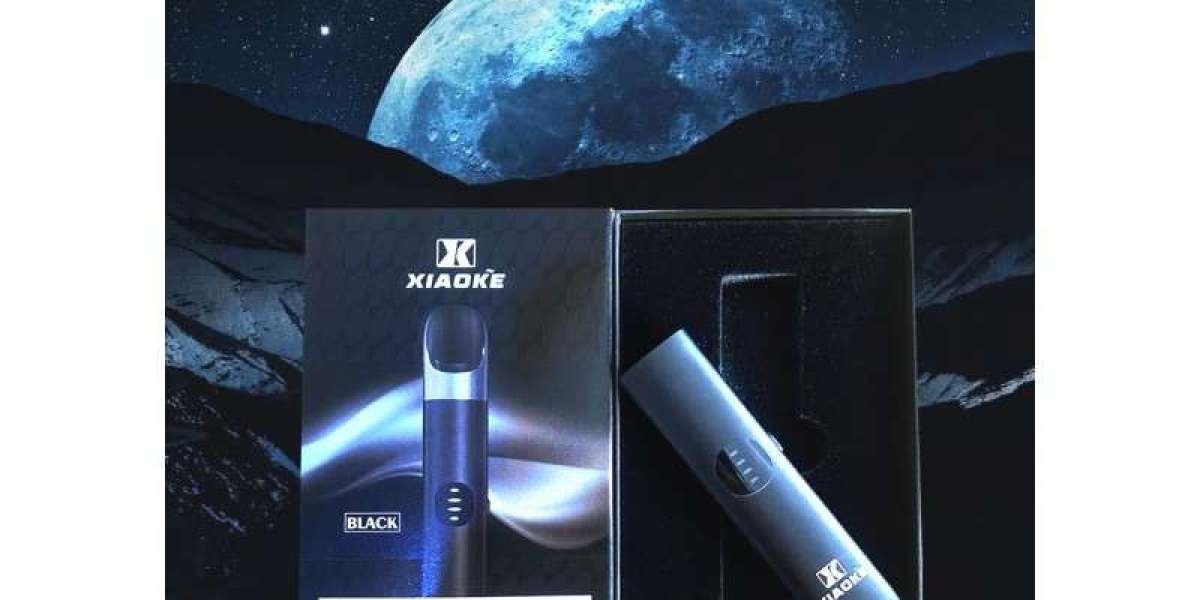Echo Test in Bangalore: What You Should Know Before Booking One
When it comes to understanding the health of your heart, diagnostic tools like echocardiography play a vital role. Whether your doctor has recommended it as a routine check or you're experiencing symptoms that need investigation, getting a clear understanding of what the procedure involves is important. If you’re considering an echo test in Bangalore, here’s a deep dive into everything you need to know.
Understanding Echocardiography
Echocardiography, often referred to simply as an "echo," is a non-invasive test that uses ultrasound waves to create images of your heart. It helps in assessing how well your heart is functioning, identifying abnormalities, and monitoring existing conditions. The test is completely safe, painless, and provides real-time visuals of your heart’s chambers, valves, walls, and blood vessels.
Types of Echocardiography Tests
Transthoracic Echocardiogram (TTE)
This is the most common type of echo, where a transducer is placed on the chest to get images of the heart. It’s quick, painless, and doesn’t require any special preparation.
Transesophageal Echocardiogram (TEE)
If clearer images are needed, the probe is inserted through the esophagus. Since the esophagus is close to the heart, it offers more detailed visuals, especially useful for detecting clots, infections, or valve problems.
Stress Echocardiogram
Used primarily for evaluating how your heart functions under stress (usually induced by exercise or medication), this test helps in diagnosing coronary artery disease and assessing exercise tolerance.
Doppler Echocardiography
This measures how blood flows through the heart and vessels, helping to detect problems like valve stenosis or regurgitation.
Why and When Do You Need an Echo?
Doctors may recommend an echocardiogram if you have:
Irregular heartbeats
Chest pain
Shortness of breath
History of heart disease
Unexplained fatigue or fainting spells
It’s also used in pre-surgical evaluations or as part of ongoing monitoring of chronic conditions like hypertension or cardiomyopathy.
How to Prepare for the Test
Most types of echocardiograms don’t require special preparation. However, if you're undergoing a transesophageal or stress echocardiogram, your doctor might ask you to fast for several hours. Comfortable clothing is recommended, and you may be asked to remove jewelry or wear a hospital gown for easier access to the chest area.
What Happens During the Procedure?
The procedure typically lasts between 30 to 60 minutes. A technician applies a gel on your chest to help transmit the sound waves, then moves the transducer across your chest. The ultrasound waves reflect off the heart structures and are captured to create real-time images.
If you’re undergoing a TEE, you’ll be sedated, and a small flexible tube will be guided through your mouth into the esophagus. For stress echos, you'll either exercise or receive a medication that simulates exercise before the imaging starts.
Interpreting the Results
Once the test is complete, a cardiologist will analyze the images and look for:
Size and shape of the heart
Pumping strength
Valve function
Presence of clots or tumors
Signs of infection or inflammation
The results usually take a day or two and are discussed during your follow-up appointment. Early detection through this test can prevent serious complications, making it a crucial part of cardiac care.
Why Location Matters
Choosing the right diagnostic center is as important as the test itself. Accuracy, speed of reporting, equipment quality, and professional expertise all vary between facilities. If you're based in the city, scheduling your echo test in Bangalore at a reputable diagnostic center ensures you receive accurate and timely results under the care of certified professionals.
Cost and Insurance
The cost of echocardiography may vary depending on the type of test and the diagnostic center. Generally, it ranges from ₹1,500 to ₹5,000. Many health insurance plans cover this test, especially when prescribed by a cardiologist. It’s wise to check with your insurance provider in advance to understand your coverage.
Post-Test Recommendations
After the echo, you can typically resume your normal activities immediately—unless you’ve had sedation, in which case you’ll need some rest. Based on the results, your doctor might recommend medication, lifestyle changes, or further tests to confirm a diagnosis.
How Often Should You Get It Done?
This depends entirely on your condition. Some patients with chronic heart conditions may need it annually, while others may undergo the test only once in their lifetime unless symptoms arise. Your doctor will decide the frequency based on medical history, symptoms, and risk factors.
Conclusion
Choosing to get an echo test in Bangalore is a step in the right direction if you're prioritizing heart health. Whether you’re managing a condition or simply following your doctor’s advice, echocardiography is a powerful, non-invasive tool that offers deep insights into your cardiovascular well-being. Always consult with your healthcare provider to determine the best type of echo test for your needs, and ensure it’s done at a credible diagnostic center.
FAQs About Echocardiography
1. Is echocardiography painful?
No, echocardiography is a completely painless and non-invasive procedure. You may feel slight pressure when the technician moves the transducer on your chest, but that’s about it.
2. How long does the procedure take?
Most echocardiograms take 30 to 60 minutes. Specialized types like TEE or stress echoes may take longer due to prep and recovery.
3. Are there any risks associated with the test?
The risks are minimal. TTE and Doppler echo have virtually no risks. TEE involves mild sedation, and very rarely, patients may experience throat discomfort afterward.
4. Can children undergo echocardiography?
Yes, echocardiography is commonly performed on infants and children, especially for diagnosing congenital heart issues.
5. What does an abnormal result mean?
An abnormal result may indicate valve disorders, heart enlargement, reduced pumping efficiency, or congenital defects. Your doctor will explain the specifics based on findings.
6. Can I eat before the test?
Yes, you can eat normally for a standard TTE. Fasting is usually required for TEE or stress echo tests.
7. What’s the difference between an ECG and an echocardiogram?
An ECG records the heart's electrical activity, while an echo shows visual images of the heart’s structure and motion.
8. Will I need someone to accompany me?
For regular TTE, you don’t need accompaniment. But for TEE or stress echo, especially with sedation, it’s good to have someone with you.
9. How soon can I get results?
Results are typically available within 24–48 hours, depending on the facility and the complexity of the test.
10. Is it safe for pregnant women?
Yes, echocardiography is considered safe during pregnancy and is sometimes used to monitor the mother’s heart health.








